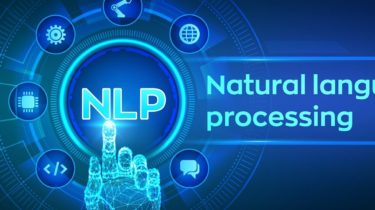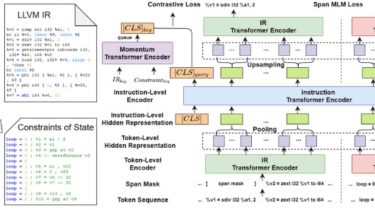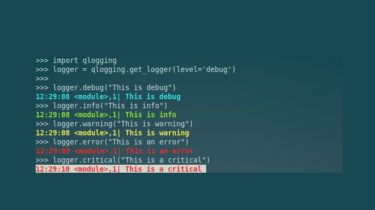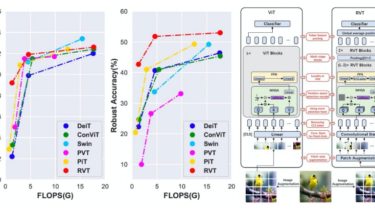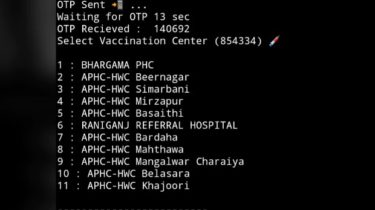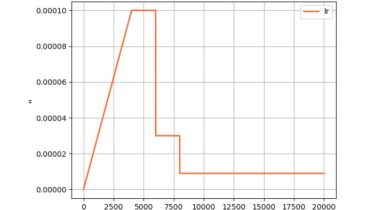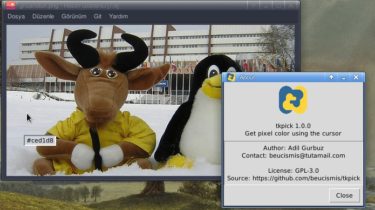Natural Language Processing Step by Step Guide
This article was published as a part of the Data Science Blogathon Overview Basic understanding of Natural Language Processing. Learn Various Techniques used for the implementation of NLP. Understand how to use NLP for text mining. Prerequisite You must have a basic knowledge of Python. As we know every piece of data has some meaning in its position. Most important is that text data is getting generated in various formats like reviews, SMS, emails, and many more for every moment. The […]
Read more